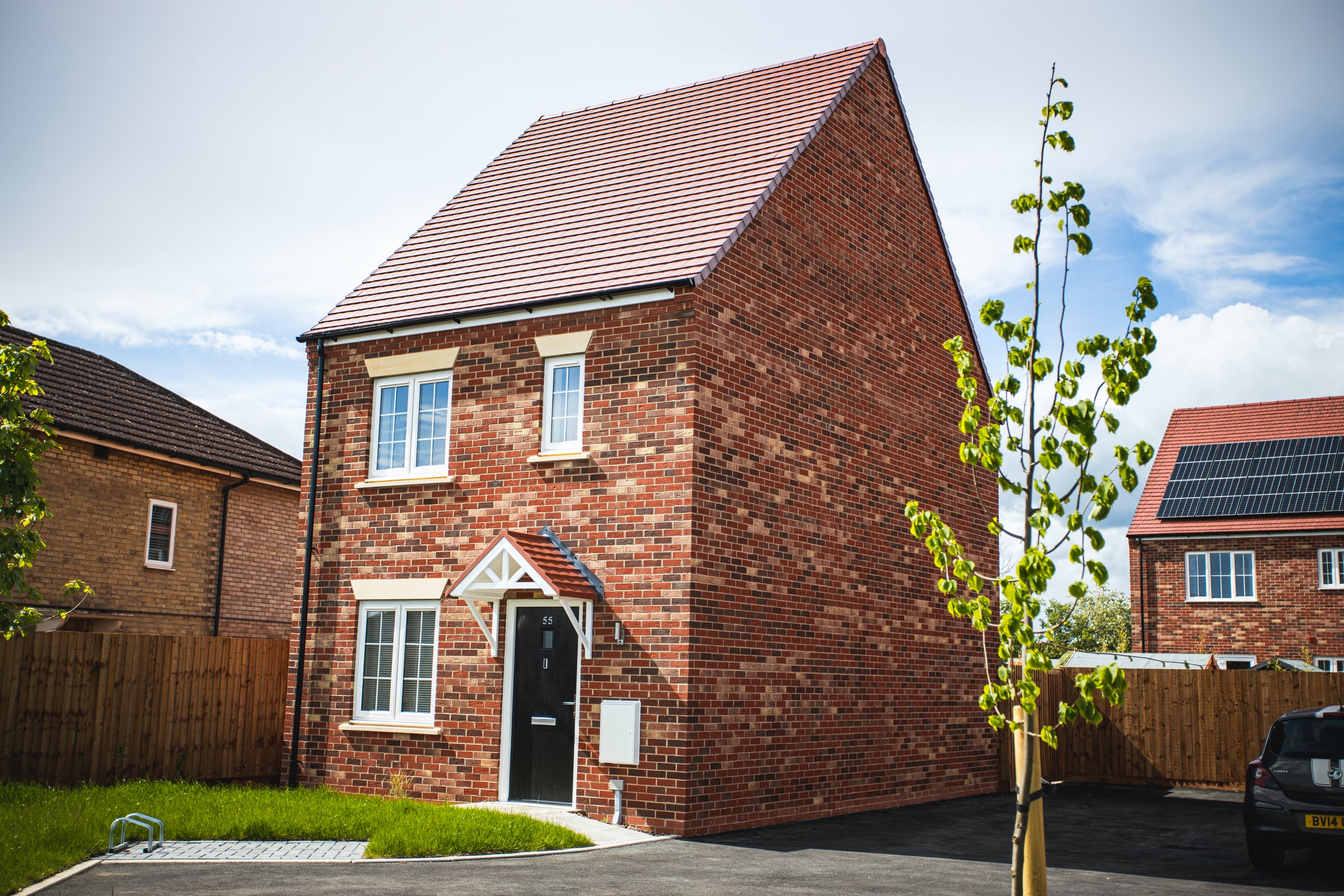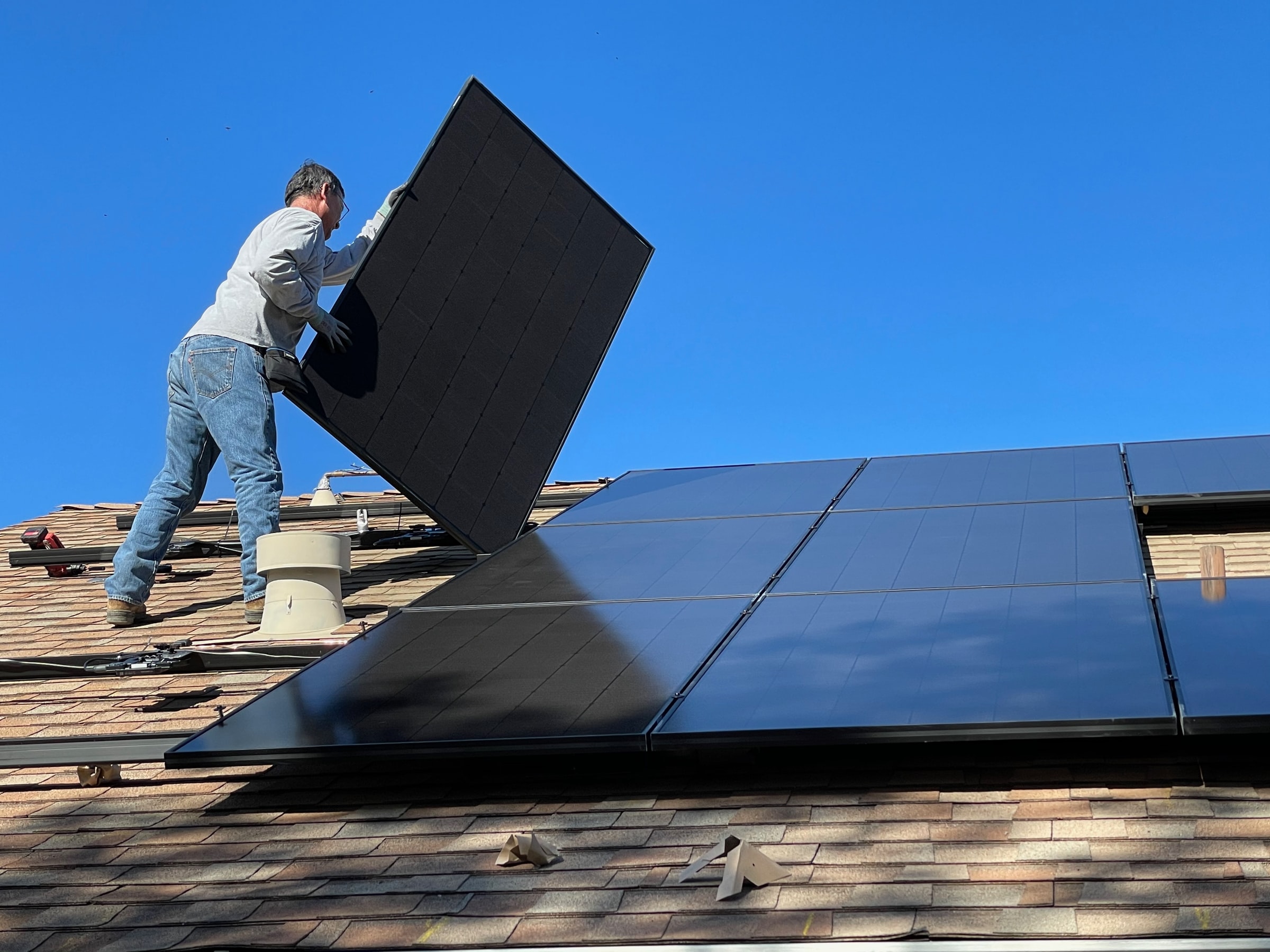The COVID-19 pandemic has caused significant problems in the housing market. There is a short supply of housing and too much demand. This has inflated house prices up and down the country. What’s more, the ongoing energy crisis is contributing to the problems. Here’s our take on the situation, and our thoughts on what your best move could be going forward.
What's Included?
Case study: Richmondshire
In September, the BBC reported that in Richmondshire, in the Yorkshire Dales, property prices had risen by 29% in the last year, reflecting wider trends around the country.
There has been a rapid increase in the number of homebuyers since the COVID-19 pandemic, but a shortage of supply. Because supply cannot meet demand, what supply there is has rocketed up in price.
This is a problem for buyers and sellers. Buyers are being priced out of buying homes, even in areas they’ve known all their lives. And sellers are finding it hard to sell to anyone when prices are so high. Competition is fierce on what housing there is available.
However, prices aren’t booming everywhere. In some areas, price rises have been less than 1% – though, these are usually in areas around large conurbations like Greater London, where house prices are high anyway.
How is COVID-19 responsible for this?
Simply put, there’s been a greater trend for remote and home working. With the problem of commuting effectively eliminated, people are moving further away from cities.
In the example of Richmondshire, there has been a flight from workers in the South of England to the North, where housing is cheaper, as they can perform their city jobs from home.
However, this is depriving many native Northerners of housing by reducing supply. This is, in turn, driving up demand. This is especially hard on first-time buyers, who are having to deal with a competitive, inflated and undersupplied market for first homes!
The stamp duty incentive
The stamp duty holiday, which recently ended, was meant to boost the economy, but it caused some knock-on effects. Because the holiday made it easier to purchase a home, it has caused all the housing that was available to be snapped up far more cheaply than it would have otherwise have been, had the Government simply allowed the “invisible hand” of the free market to keep on doing its thing.
Alas, the Government were damned either way – either they did nothing and let the housing market collapse, or they intervened and let the housing market inflate. Neither result is desirable, but at least one of them is more manageable.
The energy crisis
The Guardian reported that the UK’s energy sector has been hit by a “perfect storm”. Unpredictable market forces, mechanical failures and ageing power plants has led to the collapse of several energy suppliers. Meanwhile, energy costs have dramatically risen in price.
A series of calamities have befallen Britain’s energy sector in recent months.
Britain depends on electricity imported from Europe. One of the cables connecting Britain’s National Grid to Europe had to be shut down after a fire. Several ageing British nuclear reactors had to be shut down for maintenance. This has meant that the British energy industry is struggling to meet demand.
Worse, nuclear reactors are not being built quickly enough to meet rising demand. Only one new reactor, Hinkley Point C, has been built to replace Britain’s ageing nuclear infrastructure.
On top of this, there has been a “gas crunch” due to the Russian state-owned gas company, Gazprom, refusing to increase European exports. Because half of Britain’s energy relies on burning gas, this, too, has caused a sharp increase in energy prices.
And lastly, Chinese demand for gas has risen dramatically during their own recovery from the COVID-19 pandemic. This has made for less gas available in Europe.
What all of this means for the end consumer is that electricity is going to be much more expensive over the coming winter. This ties directly into the housing market: Energy cost and efficiency is one of the factors in determining house price.
So, in short, this will cause knock-on effects for homebuyers.
What can I do?
First things first: AVOID PANIC BUYING!
At the moment, the UK is struggling with a rash of panic-buying. There’s a shortage of food on shelves and fuel in petrol garages. This is, in turn, due to a lack of lorry drivers, either due to COVID-19 diagnoses or due to visa issues. Panic-buying housing because it, too, is in short supply is a monumentally bad idea!
If you rush through a purchase you may miss problems with your house that you would otherwise get fixed. You will also likely be made to pay more than you originally anticipated.
So, what can you do if you are a first-time buyer?
The first thing we recommend, as always, is that you seek financial advice with a certified financial advisor, instead of Googling informally for answers. An advisor will be able to give you advice that fits your finances.
However, this is our general take: In most cases, it is probably better to wait and save your money. This will increase your chances down the road of being able to find a home that will really last.
What if I really need to move house right now?
If you absolutely cannot wait for whatever reason, then you will have to accept the fact that your options are currently severely limited.
Try to avoid rushing into anything, even with the threat of gazumping looming. Always seek professional advice, and make sure to follow the same rules as usual: Get a surveyor in, have the house checked over, agree repairs before you buy.
Don’t make the mistake of buying a home that seems perfect. You may find out a month or two in that the house has severe flaws that will be costly to fix. You will be saddled with the responsibility for fixing it.
Good luck!
What’s going to happen in the next year?
Nobody knows what the long-term economic effects of the COVID-19 pandemic will be. Remember, what we have been through in the last year and a half is practically unprecedented in the history of capitalism. The 1918 H1N1 “Spanish flu” pandemic came at the tail-end of what was at that time the worst war in the history of human civilisation. The COVID-19 pandemic hit during a time of comparative peace.
Therefore, we really can’t say what the market effects will be, because the last time this happened, there had also been a world war which had disrupted the economy. However, we can expect that the global economy will struggle to bounce back, even with government interventions.
In times of economic downturn, the recommendation is always the same – make better financial decisions, take steps to consider your long-term financial health, and don’t spend too extravagantly. If you have a savings account, use it. If you don’t, get one.
There is a storm on the horizon, and the best we can do is to protect what we can, and wait for it to pass.
Credibble offers two fabulous solutions.
If you’re preparing to take a mortgage, never apply until you’ve tried our unique and FREE Credibble Home app. Our smart technology will tell you what you need to fix so you avoid rejection. The app predicts when you will be able to buy, for how much and tracks your month-by-month progress to mortgage success. We’ve even added your own mortgage broker, so you get the best deals available.
More focused on your credit rating? Well, get started for free with Credibble’s 24- Factor Credit Check to truly help you improve your creditworthiness and how lenders view you. (Remember: lenders don’t use your credit score! We’ll show you what lenders look for and how to get your credit report in the best shape possible).









